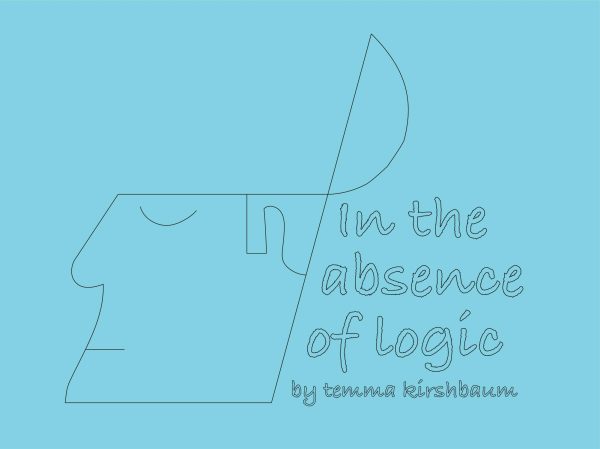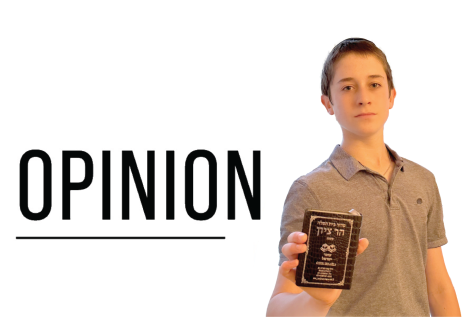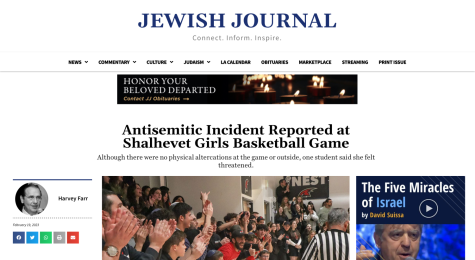EDITORIAL: Favoritism: a multi-sided call for action
There are no facts. There is no evidence. But there are feelings, and feelings are important enough to confront the topic of favoritism.
In a Boiling Point survey, 83 percent of students — especially sophomores and juniors— said that they feel there’s favoritism is present at Shalhevet. So we must address this issue— whether or not there is a plausible solution.
This is not just a knock in one direction. Favoritism needs both sides to exist. A lot of the time, students criticize the staff for playing favorites. But half of the burden lies on their own shoulders.
Students should involve themselves and take control of their experience at Shalhevet: join a club, participate in school events and respect the administration. Why would administration ask students who violate dress code or skip davening to represent the school in social media or to donors or prospective students > Blaming everything on adults won’t solve the problem.
Teachers have a different role to play. They should recognize students who are active members of the Just Community, but also make sure not to neglect those who aren’t as loud or who they’re not as close with. They can go out of their way to get to know students whose families are new, or whose parents aren’t active in the community.
With this in mind, participation grades are also something to be careful about. Just because someone doesn’t speak as much doesn’t mean he or she isn’t paying just as much attention as someone who is – and learning just as much, too.
Don’t get us wrong, One of our favorite things about Shalhevet is the closeness students and teachers form. There’s something magical about about having an older – or younger – role model and learning beyond the classroom.
But we must try to find a line between what is and is not appropriate. Meeting with a student during school hours to talk about life is okay. Going to frozen yogurt at nine p.m. together is probably not. When a relationship crosses this line, it invites either the perception of favoritism or actual unfair treatment.
There may not be a solution to a problem that might not exist. But whether or not feelings can translate into facts, adjustments from students and teachers can preserve Shalhevet’s magical atmosphere.







